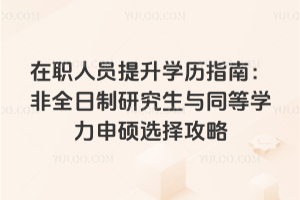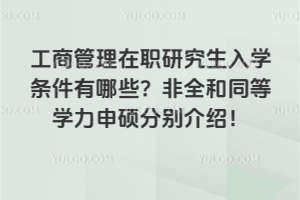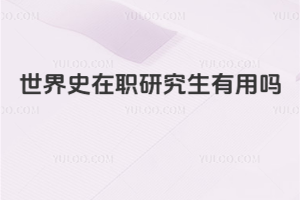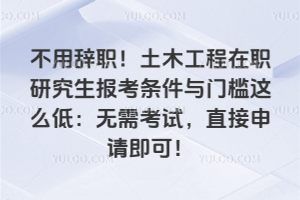- 微信公眾號

政策解讀
- 微信小程序

快速擇校

政策解讀

快速擇校
PartⅣCloze Test (15 minutes, 10 points)
Directions: There are 20 blanks in the following passage. For each bland there are four choices marked A, B, C and D at the end of the paper. You should choose the ONE that best fits into the passage. Then mark the corresponding letter on the ANSWER SHEET with a single line through the center.
It has been necessary to refer repeatedly to the effects of the two world wars in promoting all kinds of innovation. It should be __66__ also that technological innovations have __67__ the character of war itself by the __68__ of new mechanical and chemical devices. One weapon developed during World War II __69__ a special mention. The __70__ of rocket propulsions was well known earlier, and its possibilities as a __71__ of achieving speeds sufficient to escape from the earth‘s gravitational pull had been __72__ by the Russian and the American scientists. The latter built experimental liquid-fuelled rockets in 1926. __73__, a group of German and Romanian pioneers was working __74__ the same line, and in the 1930s, it was this team that developed a rocket __75__ of delivering a warhead hundreds of miles away. Reaching a height of over 100 miles, the V-2 rocket __76__ the beginning of the Space Age, and members of its design team were __77__f in both the Soviet and United States space programs after the war.
Technology had a tremendous social __78__ in the period 1900~1945. The automobile and electric power, __79__, radically changed both the scale and the quality of 20th-century life, __80__ a process of rapid urbanization and a virtual revolution __81__ living through mass production of household goods and __82__. The rapid development of the airplane, the cinema, and radio made the world seem suddenly smaller and more __83__. The development of many products of the chemical industry further transformed the life of most people. In the years __84__ 1945 the constructive and creative opportunities of modern technology could be __85__, although the process has not been without its problem.
66. A. notified B. observed C. commented D. detected
67. A. transformed B. imitated C. innovated D. simulated
68. A. introduction B. innovation C. elimination D. alteration
69. A. requires B. entitles C. furnishes D. deserves
75. A. capable B. able C. possible D. suitable
76. A. spoiled B. informed C. labeled D. marked
77. A. instrumental B. mechanical C. structural D. integral
78. A. influence B. connection C. impact D. conflict
79. A. on the other hand B. as a result C. on the contrary D. for instance
80. A. encouraging B. urging C. promoting D. assisting
81. A. by B. in C. through D. on
82. A. appliances B. utilities C. instruments D. equipment
83. A. perceptive B. accessible C. complex D. controversial
84. A. preceding B. previous C. subsequent d. following
85. A. exploited B. applied C. adopted D. processed
特別聲明:①凡本網注明稿件來源為"原創"的,轉載必須注明"稿件來源:育路網",違者將依法追究責任;
②部分稿件來源于網絡,如有侵權,請聯系我們溝通解決。

工程師選擇工學在職研究生怎么樣?工學在職研究生項目專為在職工程師設計,融合理論與實踐,提升專業技能和職業競爭力。招生院校涵蓋多所知名高校,提供靈活學習方式,如周...

在職人員提升學歷指南為職場人士提供了兩種主要途徑:非全日制研究生和同等學力申碩。非全日制研究生需參加全國碩士研究生統一考試,畢業后獲得學歷證書和學位證書雙證,含...

工商管理在職研究生主要有同等學力申碩和非全日制研究生兩種報考方式。同等學力申碩入學條件寬松,專科及以上學歷即可報名學習,申碩時需學士學位滿3年;非全日制研究生需...

世界史在職研究生介紹世界史是一門研究人類社會發展歷程的綜合性學科,涵蓋政治、經濟、文化、外交等多個領域。通過學習世界史,

土木工程在職研究生主要有同等學力申碩和非全日制研究生兩種報考方式。同等學力申碩門檻較低,專科及以上學歷即可入學,完成課程后參加申碩考試;非全日制研究生需參加全國...

廣西大學作為廣西唯一的211工程院校,其在職研究生項目執行國家B區線,分數線相對較低。開設的計算機技術、工商管理(MBA)、會計(MPAcc)、法律(非法學)等...
評論0
“無需登錄,可直接評論...”